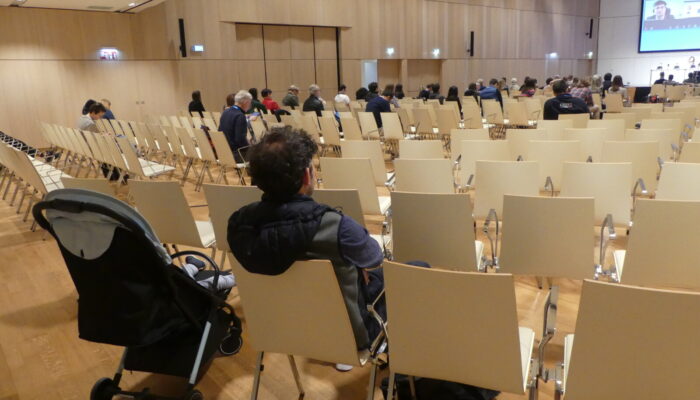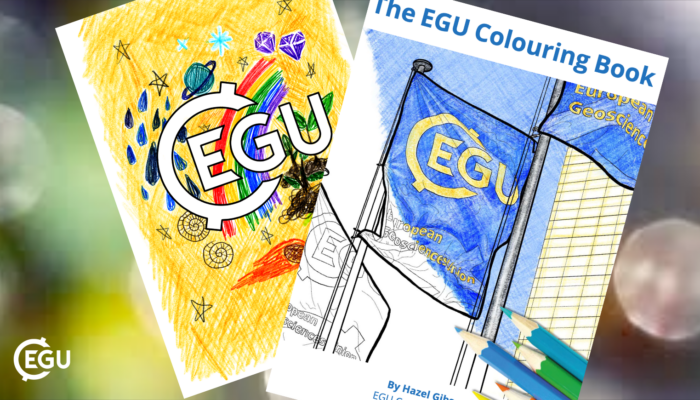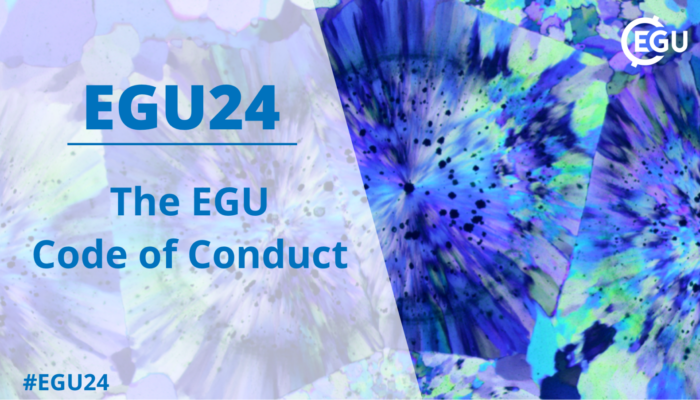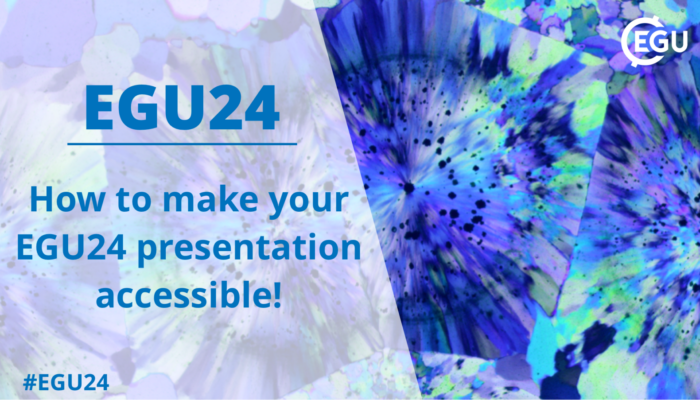Do you think managing a scientific career and having a family is difficult? Would you like to see more family support at conferences? So do we! ‘We’ are Lisa Schielicke, Leonie Esters, and Elena Päffgen from the Meteorological Department of the University of Bonn in Germany. Together, we are working on the project “Family-Friendly Conferences in the Geosciences” to increase ...[Read More]
Creating family-friendly conferences in geosciences: a new study needs your help!




